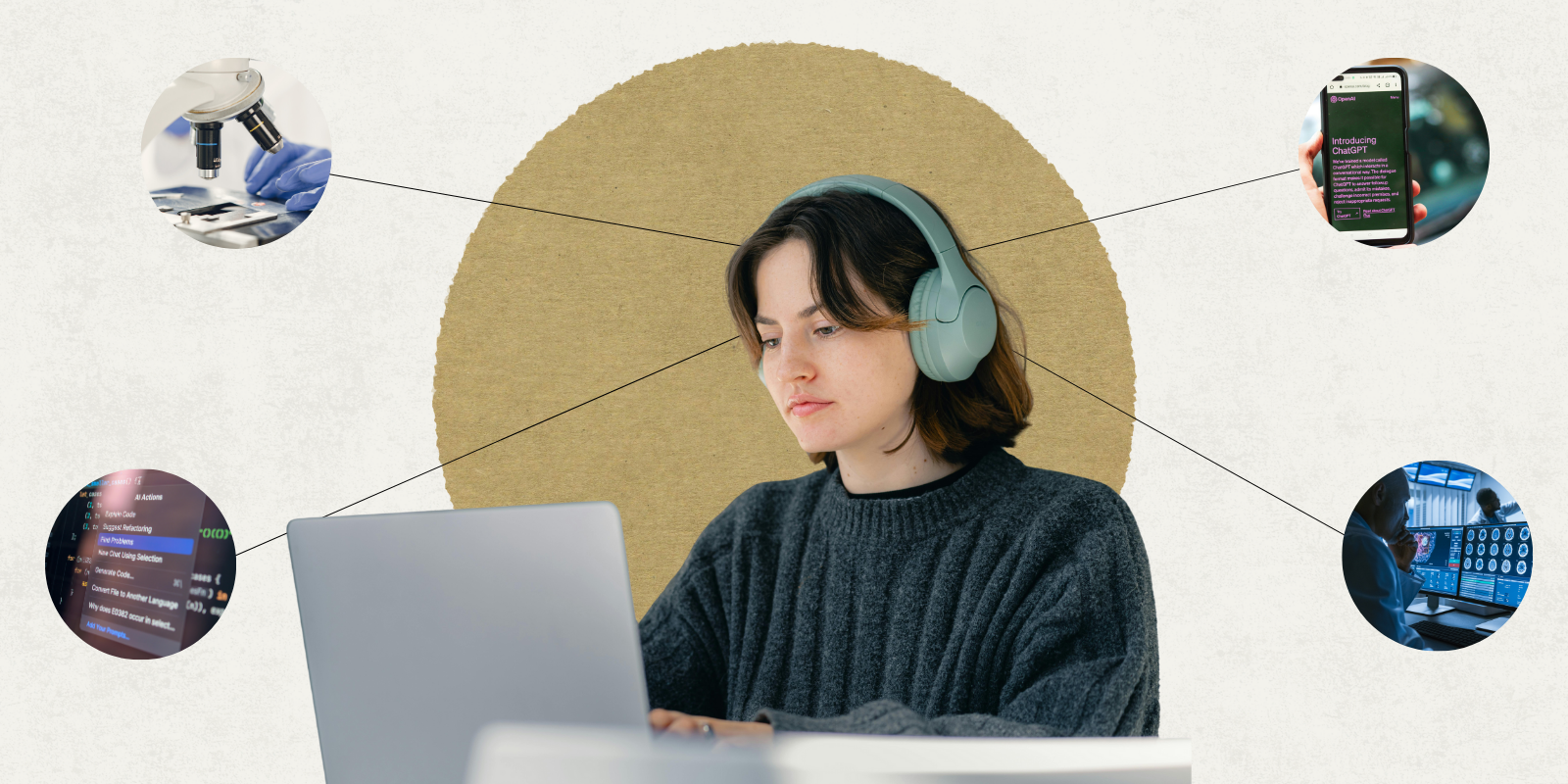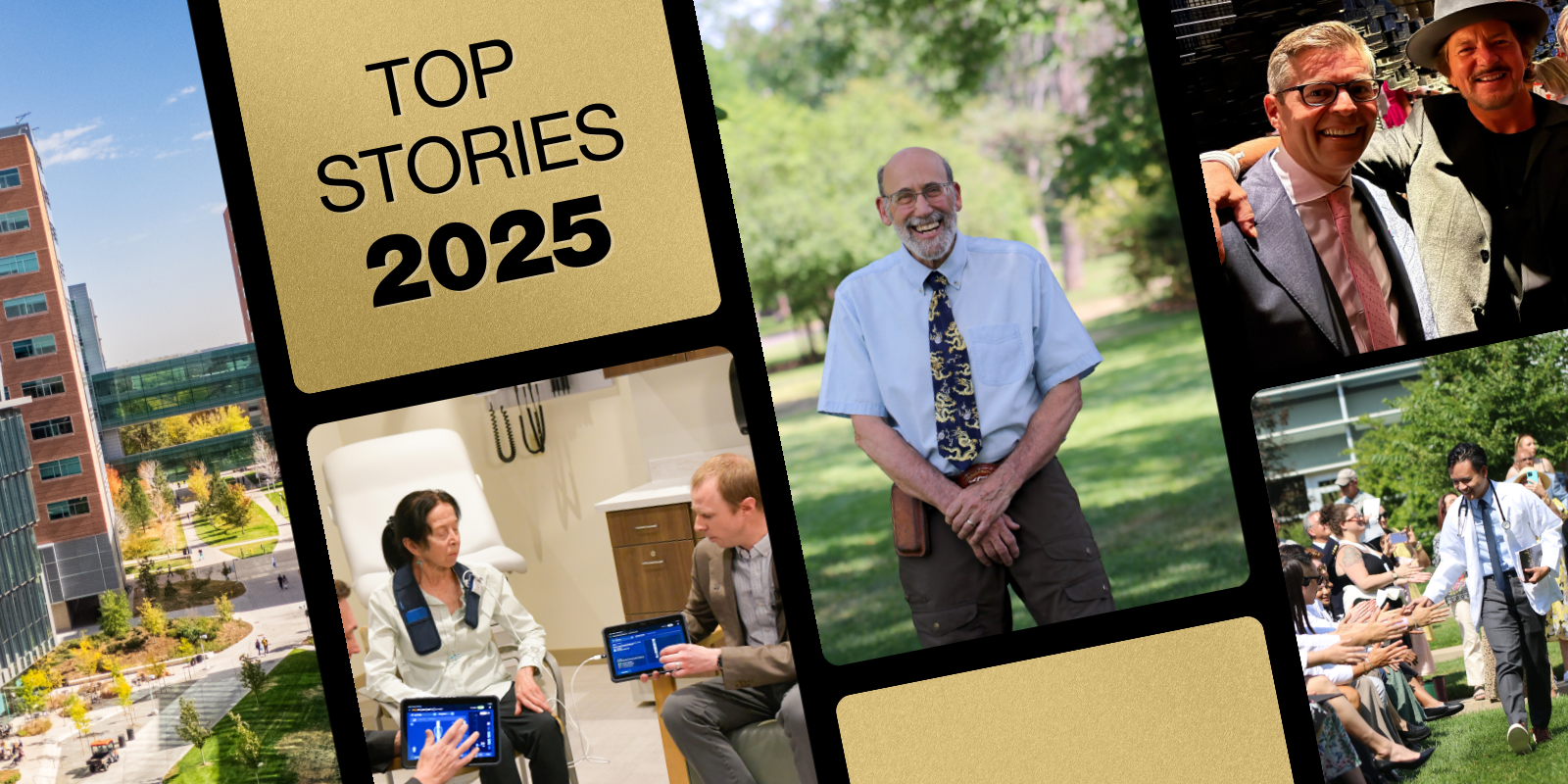The University of Colorado School Medicine and Office of Student Life welcomed the class of 2024 with a virtual orientation last Friday, launching the new medical students on their studies while the world continues to deal with a global pandemic.
Class Snapshot
- 10,431 Primary Applications
- 706 Interviews
- 326 Offers
- 88 Women
- 67 Men
- Age Range: 20-37 Year
- Average Age: 24 Years
- 26 First-Generation Students
- 66 CO Residents
- 31 States Represented
- 28 Born Outside the U.S.
- 85% Science Majors
The virtual orientation continues through the week, with students participating in team-building activities and learning foundational principles of being a health care professional. The week is designed to introduce students to the academic rigor and personal challenges they will encounter during the next four years.
The class will review diversity in health care, health disparities, resilience, wellness, and financial management, among other topics. Together, they will develop their class honor statement that will set shared expectations and guide their path together.
In his welcome remarks, Dean John J. Reilly, Jr., MD, acknowledged the additional challenges and complexities of learning and teaching during a pandemic, but he added that science and medicine are more important than ever.
“The pandemic has shown us a few things, one is the importance of making high-quality medical care available to our entire population,” said Reilly. “Secondly, we need good science for us to make it out of this pandemic with better therapeutics and better preventions through affective vaccines.”
Following Dean Reilly’s remarks, three guest speakers reflected on their first day of medical school and offered advice to the incoming class. They told the students to expect to struggle over the next four years, but to also remember to look for the goodness around them.
Amanda Tompkins, a fourth-year medical student and Medical Student Council Executive President reflected on how the pandemic has turned our life upside down and teaching us to learn to love the plans we never wanted.
“No one imagines starting their first day of medical school sitting on their couch,” said Tompkins. “Starting medical during a once-in-a-lifetime pandemic is the plan nobody wanted, and nobody dreamed that could happen.”
Tompkins also spoke about the courage it takes to ask for help, which has been one of the most important lessons she learned during her time in medical school.
“When I did reach out, I got incredible support,” said Tompkins. “I developed deeper and stronger relationships with my mentors, and they have become my greatest advocates.”
In his remarks, Maurice “Scotty” Scott, MD, assistant professor of medicine and Problem-Based Learning Director, told the students that time is valuable and to remember to make time for the things that fulfill you. He emphasized that students should be intentional with it. He told them that they should spend it in ways that recognize its value, such as spending time with family or friends, studying, traveling, making new friends or engaging in their favorite hobbies.
“I felt I never had enough time, becoming a physician seems to be taking it all, but there were enough moments and weekends where I could take my advice of get ‘it’ in, where I could fit ‘it’ in,” said Scott. “Be intentional of your ‘it’ and make sure to get ‘it’ in, where you can fit ‘it’ in.”
Lastly, Senior Associate Dean for Education and Associate Dean of Diversity & Inclusion Shanta M. Zimmer, MD, shared a poem about the importance of having hope in a world where so much has changed.
“Not everything is canceled, the sun is not canceled, the wind is not canceled, reading is not canceled, caring is not canceled, music is not canceled, imagination is not canceled, bonding together is not canceled, conversations are not canceled,” read Zimmer. “Most importantly, hope is definitely not canceled.”
Traditionally, the week concludes with a White Coat Ceremony, a time-honored tradition where students receive their first white coat and stethoscope. The ceremony has been postponed to mid-October, when there will be a modified ceremony to celebrate the class of 2024.



